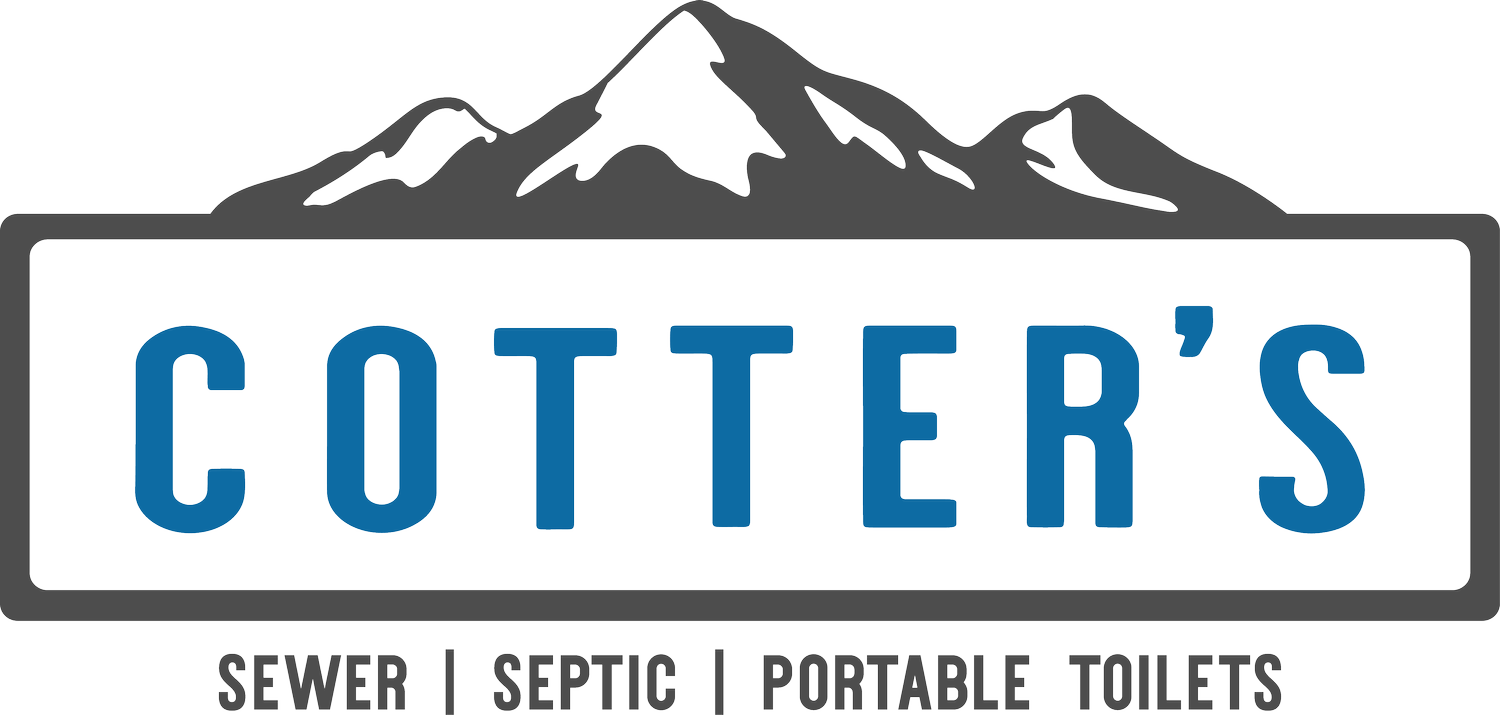How Septic Systems Work
Septic systems are commonly found in rural areas that are unable to connect to city sewer systems. The system exists underground to treat wastewater from your home or even a commercial building. A septic system consists of a tank and a drain field. The following explains the basics of how the septic system works.
First, all water runs out of your house from the main sewer line into the septic tank. Once the wastewater makes its way to the tank, compartments in the tank direct solids to float to the bottom (known as sludge) and fats, oils, and grease to float to the top (known as scum), and the remaining liquid wastewater (known as effluent) flows through the compartments and is discharged into the drain field. The pipes within the drain field have pores that allow the wastewater to discharge into the soil. Note: If the drain field is overloaded with too much liquid, it can flood, causing sewage to resurface or cause backups within the home.
To ensure your septic system is working properly you must get the tank pumped regularly. The EPA recommendation for pumping your tank is every 3-5 years. However, the frequency depends on a few factors:
Household Size
Total Wastewater Generated
Septic Tank Size
Before you get your septic tank serviced here are a few things you need to know:
Location of Tank - this can be found in your house plans, or you can check the yard for lids and manhole covers. We can also help you locate the tank.
Distance from tank to the nearest access point - our trucks are fairly large so if your property doesn't have easy access to the tanks we'll need to know to ensure our tech is prepared with the right equipment.
Keep records of services - Your tech will inspect the condition of the tank, analyze the scum and sludge levels and provide recommendations - if any. Knowing the size and condition of your tank and the levels of the sludge and scum will help us evaluate how often you should be getting your tank pumped.
Click here to find more resources for homeowners with septic systems from the EPA.


